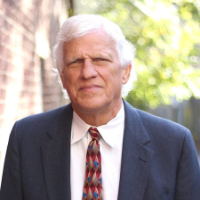Paris Criminal Lawyer, Kentucky
Sponsored Law Firm
-
 x
x

Click For More Info:
-
Law Office of Mark S. Guralnick
55 Madison Avenue 4th Floor Morristown, NJ 07960» view mapCriminal Defense Law Dedicated. Fearless. Successful.
Mark S. Guralnick and his legal team have helped clients throughout the USA and across the world by applying unparalleled dedication and hard work to each case.
800-399-8371
Robert H Cornett
✓ VERIFIEDSocial Security, Criminal, DUI-DWI
I have practiced Social Security law for more than thirty years in Kentucky as well as many other states. I represented Social Security claimants in B... (more)
R. Nicole Iuliano
✓ VERIFIEDAccident & Injury, Criminal, Juvenile Law, Divorce & Family Law, Employment
Born and raised in Lexington, Kentucky, Nicole has a passion for serving local residents. Nicole serves as an advocate for the Court Appointed Special... (more)
William Joseph Fooks
Divorce & Family Law, Civil Rights, Family Law, Criminal
Status: In Good Standing
 Mark Guralnick Morristown, NJ
Mark Guralnick Morristown, NJ AboutLaw Office of Mark S. Guralnick
AboutLaw Office of Mark S. Guralnick Practice AreasExpertise
Practice AreasExpertise


